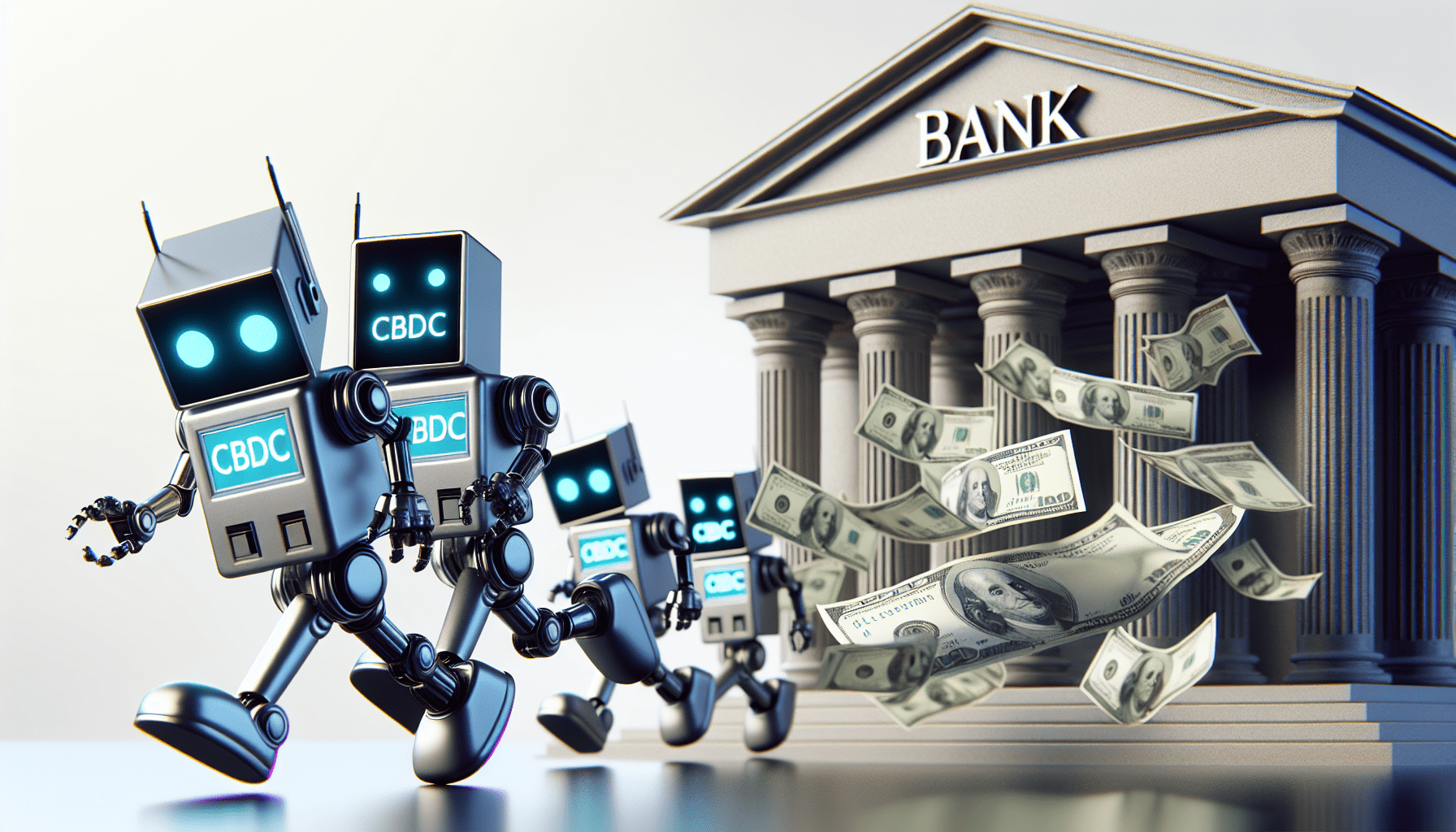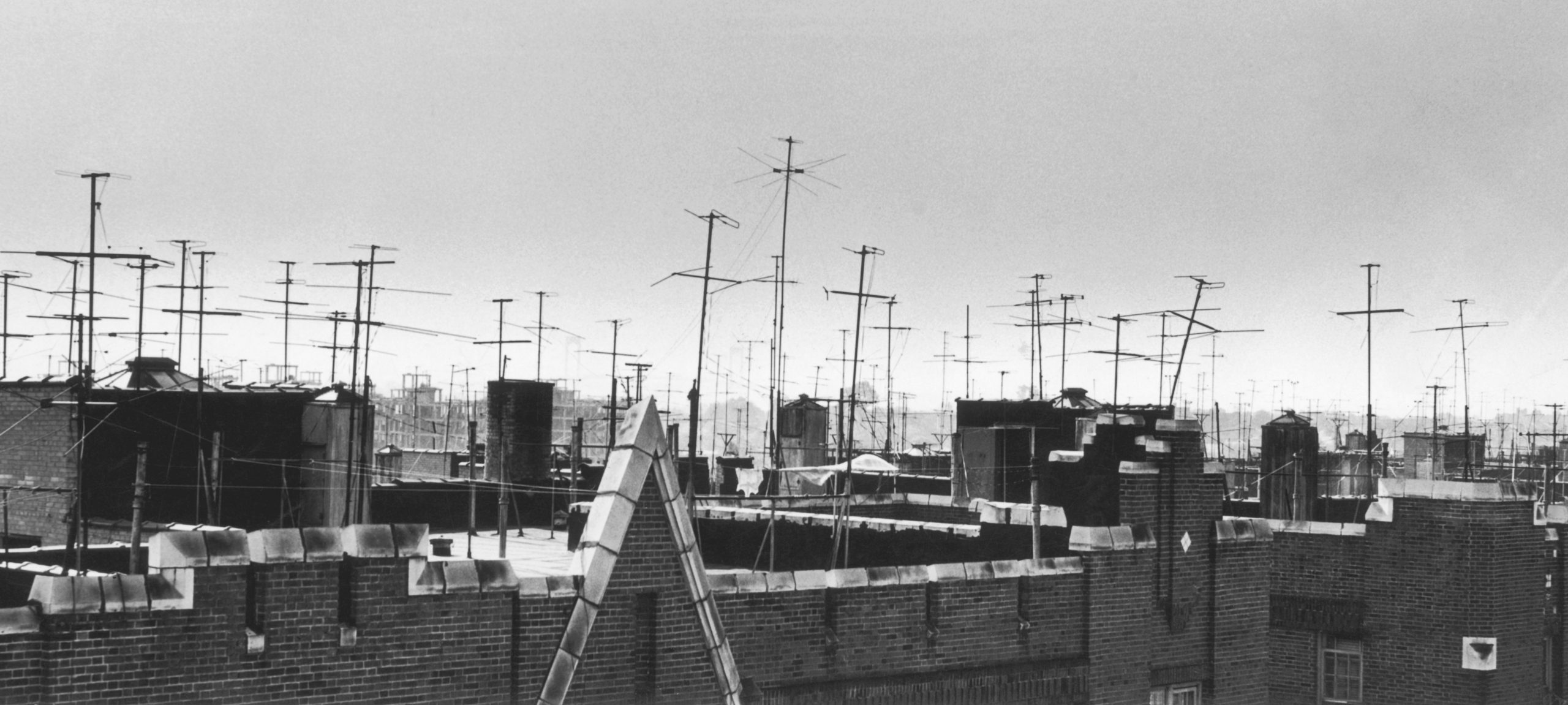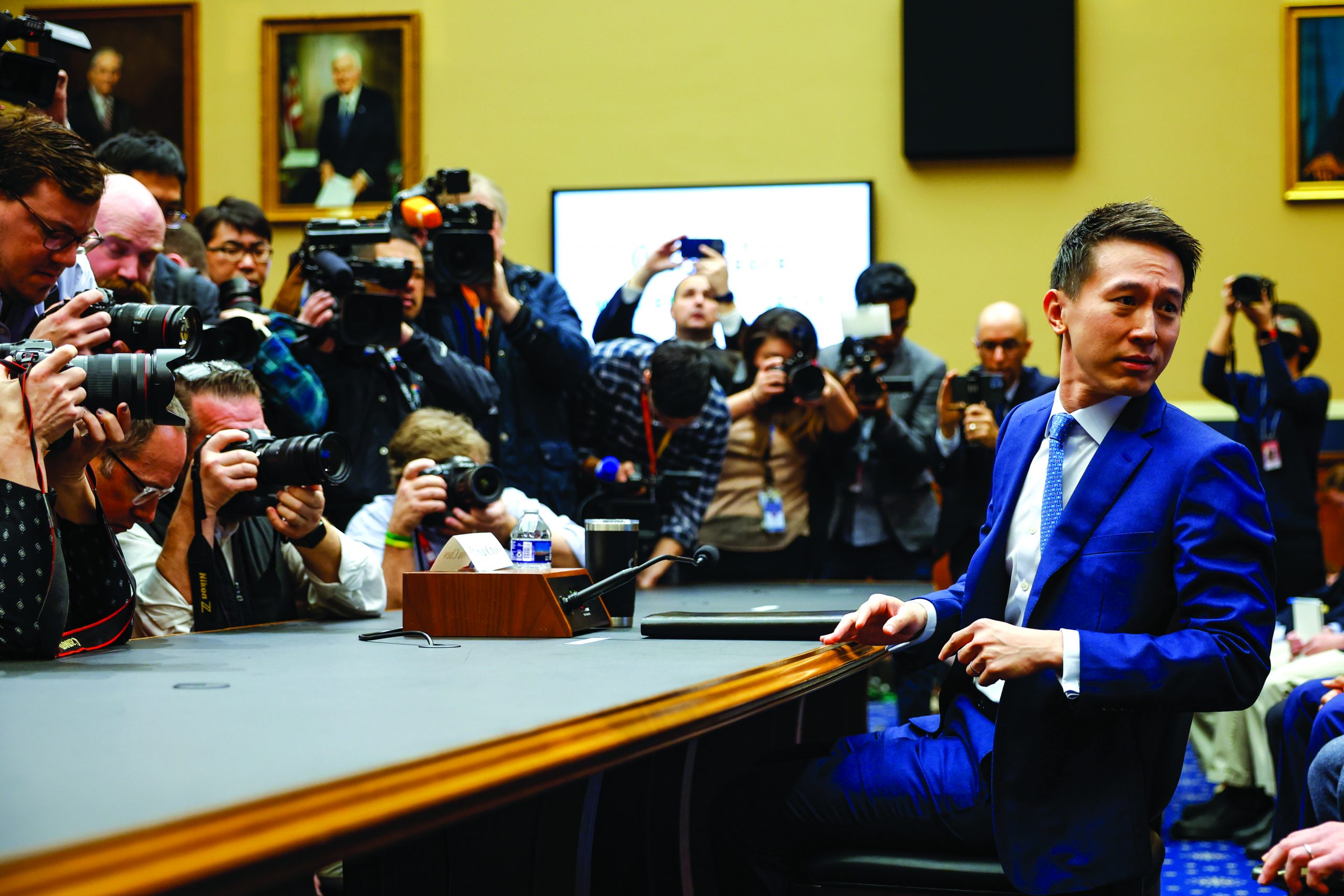Luckbox Leans in with Scott Galloway


Scott Galloway is a speaker, podcaster, entrepreneur, best-selling author and instructor of brand and marketing strategy at the New York University Stern School of Business. His books include The Four: The Hidden DNA of Amazon, Apple, Facebook, and Google; The Algebra of Happiness, and Post Corona: From Crisis to Opportunity. Galloway has been calling for the breakup of the big tech companies since 2017. Luckbox reached out to him after watching him rail against “crony capitalism” in a recent appearance on Real Time with Bill Maher. Here, he shares his latest thoughts on Amazon.
What do you say to those who believe Amazon is winning at capitalism?
The fact that Amazon is now “too big to fail” is less a testament to the firm simply “winning at capitalism” than it is to our country’s outdated antitrust laws and lax enforcement. Don’t get me wrong: Amazon is an extraordinarily innovative company and a world-class operator. Jeff Bezos is one of the strongest CEOs we’ve ever seen. But scale and wealth ultimately accrue advantages that distort the functioning of the free market. Healthy capitalism is defined not just by profits, but also by real value creation, which relies on having stringent checks on monopolies so companies like Amazon can’t just continue amassing wealth by exploiting their own dominance. For those who really feel Amazon is being treated “unfairly” (which it isn’t), remember: Antitrust isn’t punishment, it’s oxygenation. After Ma Bell was broken up in the early 1980s, the spinoff companies grew faster than the market, and we kicked off a digital communications revolution that is still unfolding today.
In your most recent book, Post Corona, you criticize what you view as Amazon’s abuse of its power. What aspects of Amazon’s influence concern you most?
One of Amazon’s most gangster moves is turning expenses into revenue streams—for example, the firm now sells its data center to other companies as a service. This ability, combined with the company’s sheer wealth and data on its customers, means that Amazon can afford to take massive, unlimited risks in creating new offerings (ahem, healthcare), which will only make the company more indispensable to Americans and the world and, therefore, more difficult to regulate.
Given Amazon’s significant lobbying efforts, can regulators and Congress create and enforce meaningful antitrust legislation? How would you assess the political will of both parties to come together on this?
President Joe Biden has given us reason to be optimistic, putting forward Lina Khan and Tim Wu for important roles. Senator Amy Klobuchar, arguably the most effective member of Congress, is laser-focused on this issue, along with Warren and others. Plus, big tech has become a sort of common enemy across party lines. Major lawsuits against Facebook and Google were launched by the Trump administration. So, my hope is that there’s enough political and cultural pressure to put real checks on big tech’s power. That said, writing and implementing laws takes time, so any change will be slower than most people would like. We need to keep in mind that the problem of antitrust—really, the problem of concentrated power—has been festering for decades and goes beyond Amazon and even beyond big tech. Too many industries have been allowed to consolidate for too long. There’s a lot to be done.
What, if anything, should be done about Amazon?
For starters, we have got to fix a tax code that permits one of the most successful companies in history to pay almost nothing in federal income tax. Taxes funded the development of the internet—the communications system on which the firm itself runs—and a thousand other aspects of the innovation ecosystem that Bezos and his team enjoyed in building Amazon. What’s more, paying taxes is how we all, Amazon included, ensure the health of that ecosystem in the future.
Obviously, Amazon needs to be better regulated. It can’t be allowed to use data from its Marketplace customers, for example, to market competing products. That’s even against Amazon’s own internal rules, but we learned in last year’s Congressional hearing that they do it anyway. Requiring them to spin off Amazon Web Services would give a newly independent AWS the freedom to innovate without regard for Amazon’s retail business interests.
—Scott Galloway, @profgalloway
The first step is to solve the platform problem by keeping Amazon from competing with the third-party retailers on the Amazon Marketplace platform. That would take away a lot of Amazon’s leverage over those third-party sellers. If the federal government interpreted the Sherman Antitrust Act as having authority beyond just lowering prices, Congress wouldn’t even need to pass new laws to do it.
—Danny Caine, author of How to Resist Amazon and Why, @mistercaine
Amazon should definitely be broken up because they have too much power. They’re controlling the market, the media, the internet, the propaganda, the surveillance systems, the Pentagon and the White House.
—Chris Smalls, labor activist who was fired by Amazon, @shut_downamazon
I used to think there are monopolies in need of being broken up. The argument against Amazon, Facebook and Google is that they enjoy an insurmountable advantage. The barriers to entry are too difficult for any competitor to get past. And the few who come close end up being bought by those monopolistic companies, thereby securing their advantageous position.
Where my argument falls apart is in forgetting the power of the market. The very companies I was suggesting need breaking up, like Amazon, were the disruptors to previous monopolies, like Walmart. It was Facebook’s disruption of MySpace. Google’s displacing Alta Vista. The list goes on.
It’s not that monopolies no longer exist. However, the exponential pace at which technology advances, combined with a free market, ensures a shorter and shorter shelf life for any monopoly. Amazon will be broken up, as will Facebook and Google. New companies will come along with a better offer and determination to remain independent. They’ll turn down the quick buck from a buyout in pursuit of something larger. So, we don’t need regulators to do the dirty work. The market will take care of it.
—Dylan Ratigan, author of Greedy Bastards, global market strategist at tastytrade and co-host of the Truth or Skepticism podcast, @dylanratigan





















